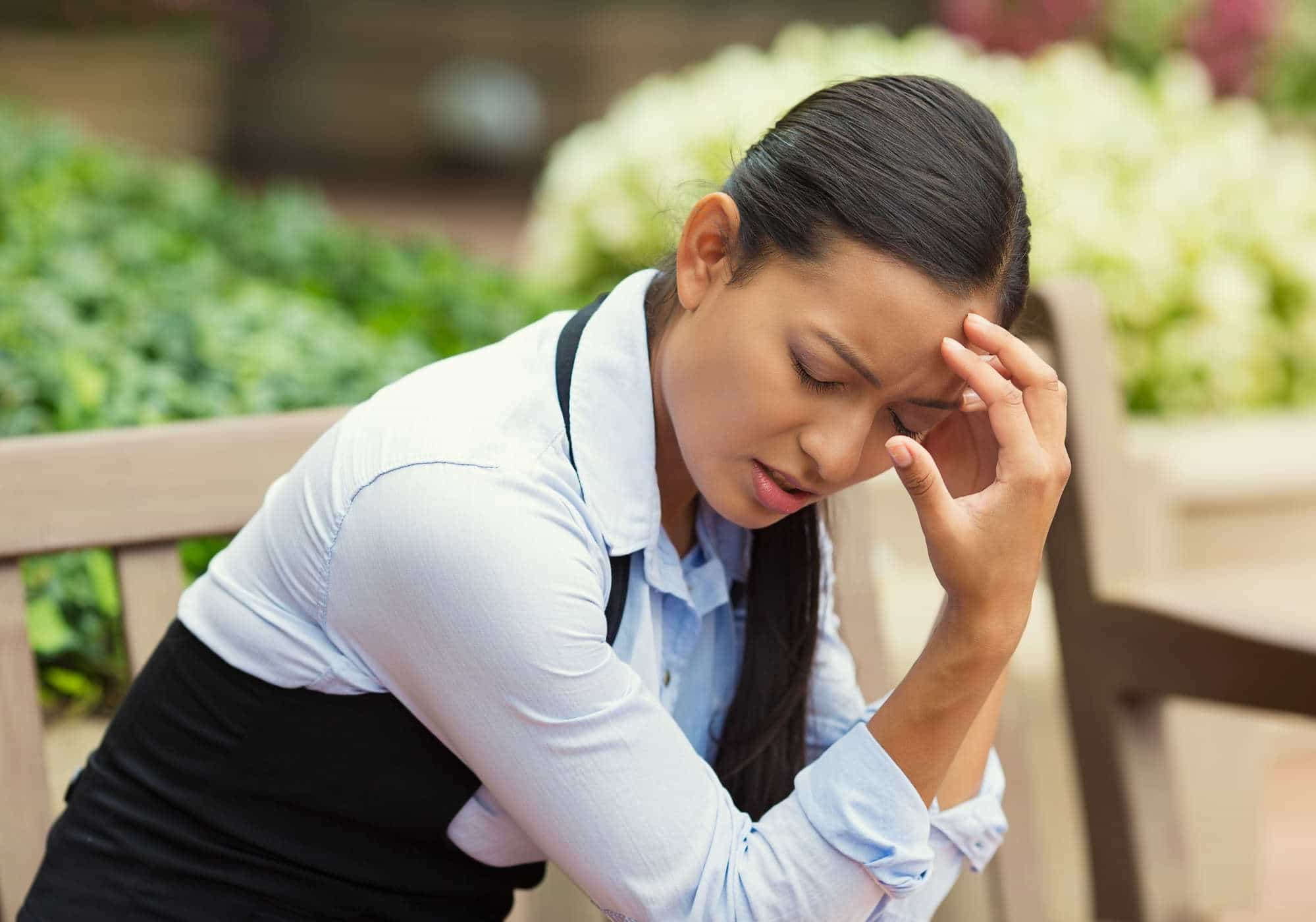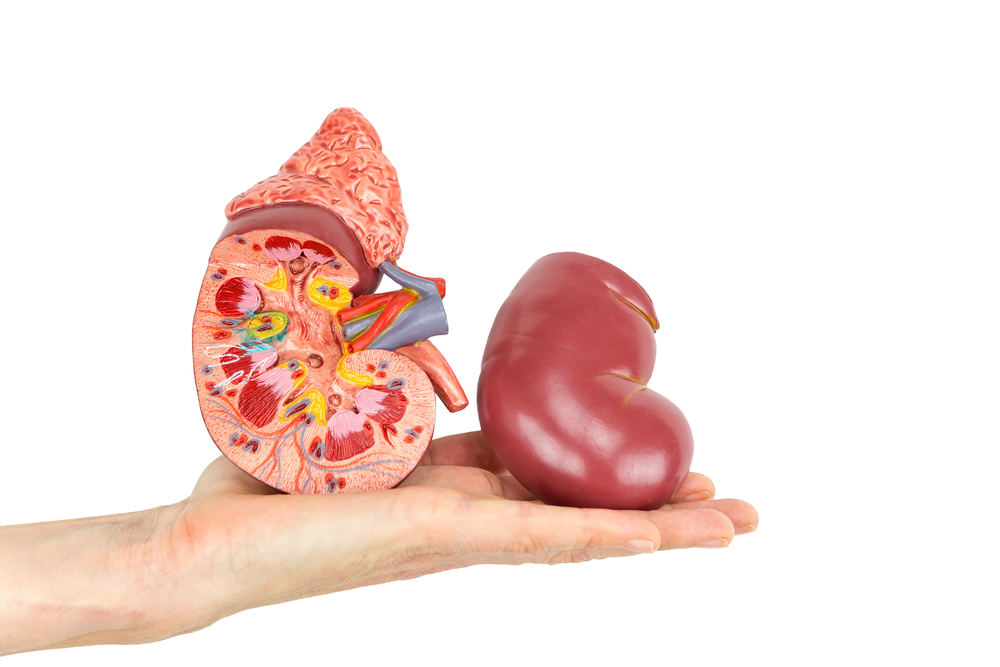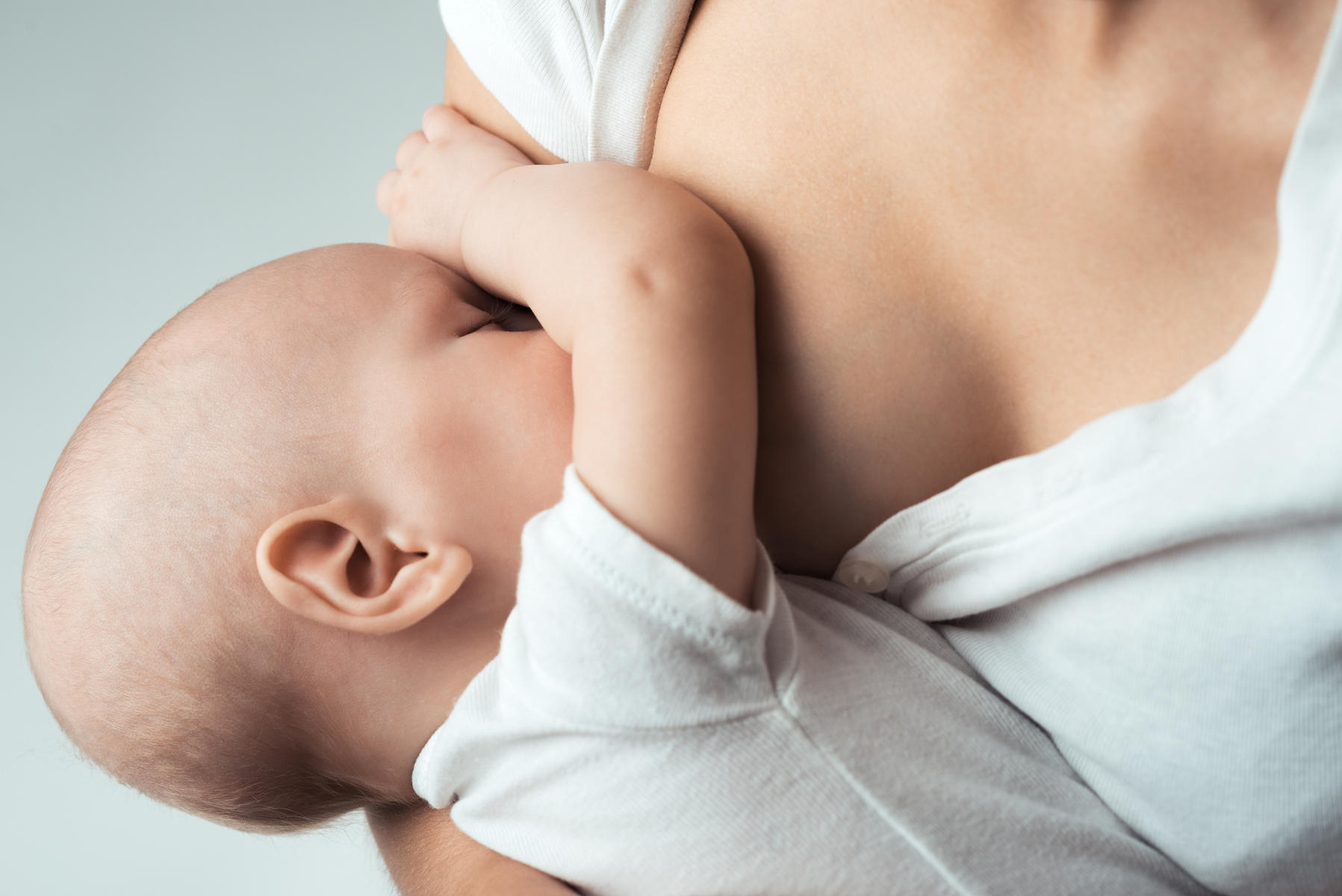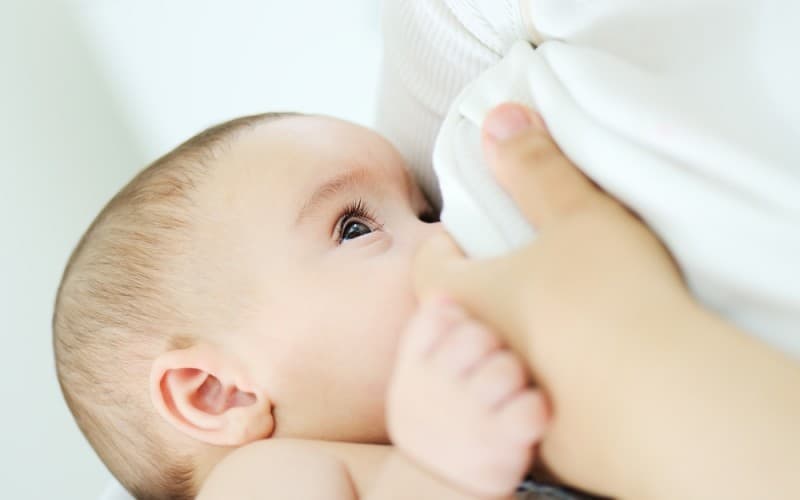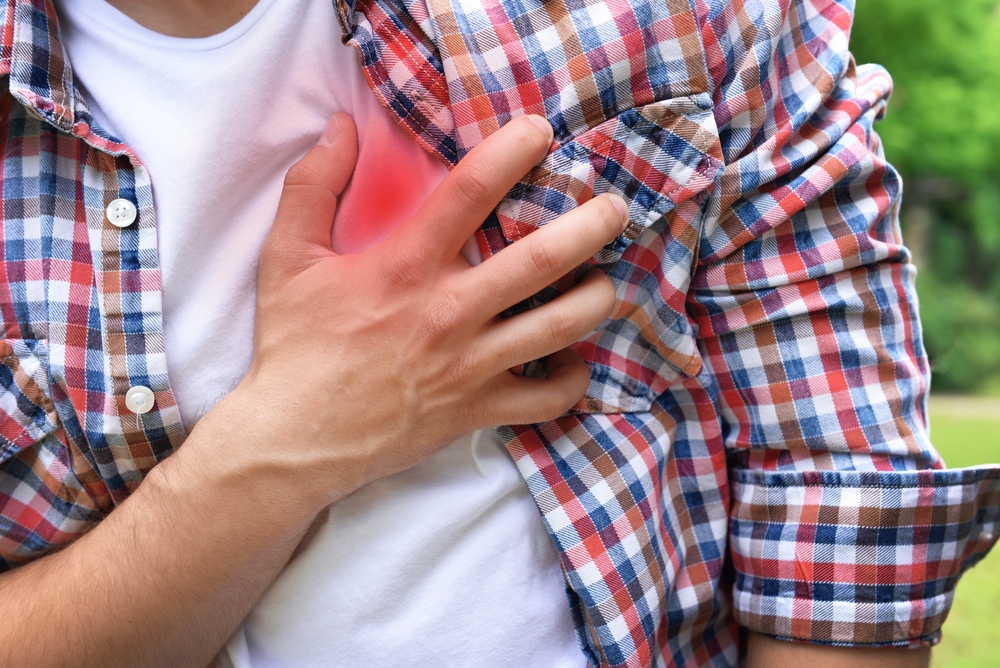Contents:
- Medical Video: Hilarious moment woman keeps fainting on slingshot ride - Daily Mail
- You can have a heart problem
- Ancient women often fainted
Medical Video: Hilarious moment woman keeps fainting on slingshot ride - Daily Mail
Some of you may be familiar with how it feels to faint. The head feels thin, nauseous, gazing like swirling, sweating cold, and the ears are ringing, usually a number of signs before you lose consciousness.
However, if you pay attention in your daily life, you may have wondered: why do most of those who pass out are women? Is there really a connection between fainting and gender?
Until now there have been no studies or reports related to this matter. Mild fainting is common in people less than 40 years old. However, if fainting occurs at the age of 40 years, this could be an indication of a health problem that tends to be serious and serious.
So what is the connection with gender? Quoted from WebMd.com, many women experience heavy menstrual periods, also called menorrhagia, and usually bleed more than 7 days (normally 4-6 days) and experience severe cramps during menses. Even though heavy menstruation is torturous, it does not mean that this condition is a sign of a serious health problem. However, it is not uncommon for severe menorrhagia to cause a person to lose consciousness, aka fainting.
When a woman experiences heavy menstruation, she will lose a lot of blood during menses, so that the iron level in a woman's body will drop dramatically. As a result, women can get anemia, which causes the body to feel tired and weak. In rare cases, heavy menstruation can be a sign of a serious health problem, such as infection or even cancer.
You can have a heart problem
Frequent fainting can be a sign that you have a heart problem. According to the US National Institute of Neurological Disorder and Stroke, as quoted Compass, fainting is closely related to sudden drop in blood pressure, causing a decrease in blood flow to the brain.
Fainting which is most often experienced by many people is vasovagal syncope that is triggered by emotional stress, such as illness, too long standing, or seeing something that is considered scary.
The team of researchers from Denmark conducted a study by monitoring people who had fainted for several years, and later published it in The Journal of the American College of Cardiology. They found about 74% of people who often fainted, will suffer a heart attack and stroke. They are also 5 times more at risk of getting a pacemaker implant.
The study also suggests that people who have risk factors for heart disease are low, but have fainted, it's best to always be diligent in seeing a doctor. The chair of the research team Dr. Martin Ruwald said, "Patients, families, and health workers must be aware that fainting in people who appear healthy increases the risk of death. Fainting can also be an early symptom of cardiovascular disease. "
In the study, the research team monitored the health of around 37,000 people who had fainted but who had no previous history, for 4.5 years. Then the research team compared the results with the health outcomes of 185,000 people who never fainted. The aim is to find out if people who have fainted have a high risk of premature death, recurring fainting, suffering from cardiovascular disease, or getting assistive devices such as implants for pacemakers.
But the researchers say that fainting can be normal and do not show health problems. They give an example, in women in their early 20s, their blood pressure tends to be low, so they faint more often. While women aged 25 years and above are healthy, but have fainted, it is better to remain vigilant because they are more at risk of experiencing cardiovascular disorders.
Ancient women often fainted
There are a few unique facts about women who are easier to faint. The fact, as quoted Telegraphwomen who live in the 18th and 19th centuries are more likely to faint than present-day women. This is because they often wear tight corsets and woolen dresses.
Because wearing corsets was a fashion trend and always changed its type and type, women experienced changes in their bodies. Their ribs become displaced, their breathing becomes shorter, some organs are pressed against the bone, and other organs drop to the lower part of the stomach. The result,women become more difficult to breathe, the heart becomes more hard at pumping blood, and the digestion will be more difficult, especially when women eat less due to corset abdomen. In fact, sometimes they can only eat two bites of biscuits, so there is no space in their stomachs.
Because of poor blood pressure, inability to breathe properly, and low blood sugar, these Victorian-era women experience more fainting. They even had room to faint themselves complete with their chairs.
Wearing a girdle whose ingredients can get hotter in the summer, some women fainted from the heat, while other women fainted due to the heavy weight of their shirts and corsets.
Today, women are no longer wearing corsets, but unfortunately no one has examined why women seem to be more prone to fainting than men. Or is this presumption correct or just a false assumption. Maybe you have your own experience about fainting?
READ ALSO:
- Menorrhagia
- Exercise for a healthy heart
- Symptoms of heart disease in women

